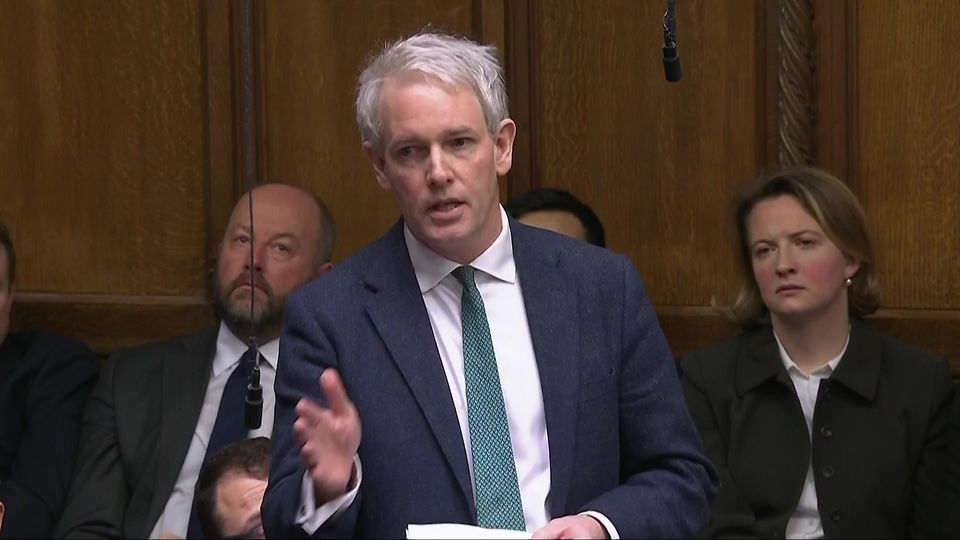Two Government ministers in favour of assisted dying will sit on the 23-member committee set to scrutinise a Bill to legalise it.
Care minister Stephen Kinnock and Justice minister Sarah Sackman will take a line-by-line look at the proposed legislation alongside voices of opposition including Conservative MP Danny Kruger.
The committee is made up of 14 MPs who voted in favour of the Bill and nine who voted against.
During the debate in Parliament on November 29 some MPs indicated their support for the Bill might not continue at a further vote, if they are not convinced of safeguards around potential coercion.
Kim Leadbeater’s Bill could see terminally ill adults in England and Wales with less than six months to live legally allowed to end their lives, subject to approval by two doctors and a High Court judge.
She said the presence of ministers on the committee shows “the level of engagement and commitment that such an important piece of legislation demands”.
The Government is neutral on the issue of assisted dying, with the Cabinet split in how members voted last month, including backing from Prime Minister Sir Keir Starmer and opposition from Health Secretary Wes Streeting.
Ms Leadbeater said the committee reflects both the range of views expressed in the debate and the party make-up of the House of Commons.
The committee features 15 Labour MPs – nine who voted for the Bill and six who voted against; four Conservatives – two for and two against; three Liberal Democrats – two for and one against; and one Plaid Cymru MP who voted in favour.
Danny Kruger, who is opposed to legalising assisted dying, will sit on the committee scrutinising the Bill (House of Commons/UK Parliament/PA)
Ms Leadbeater said: “The Bill committee will bring together colleagues with differing views and valuable experience in order to give the Bill the detailed scrutiny it deserves and requires.”
A total of 330 MPs voted in favour of the Terminally Ill Adults (End of Life) Bill at second reading, with 275 MPs opposing it, meaning it cleared its first parliamentary hurdle by a majority of 55.
Ms Leadbeater said the committee, expected to first meet in January, “will have the task of going through it line by line and examining any amendments that are put forward”.
She added: “This will follow the taking of oral and written evidence. As I promised in my speech, the committee reflects the range of views expressed in the debate as well as the make-up of the House itself.
“While the Government remains neutral, I am very pleased that two ministers will also be on the committee, reflecting the level of engagement and commitment that such an important piece of legislation demands.”
Ms Leadbeater said the committee process, which is expected to last weeks, is likely to be a “demanding and time-consuming process”.
She added that she is “confident the Bill will receive detailed scrutiny to ensure that both Houses of Parliament are presented with legislation for further consideration that is workable and rigorous in terms of the rights it confers and the safeguards and protections it affords”.
The committee considering the Bill will have the power to send for people, papers and records as part of its sessions.
The Bill will face further scrutiny and votes in both the House of Commons and the House of Lords, meaning any change in the law would not be agreed until next year at the earliest.
Ms Leadbeater has said it would likely be a further two years from then for an assisted dying service to be in place.
Encouraging or assisting suicide is currently against the law in England and Wales, with a maximum jail sentence of 14 years.
